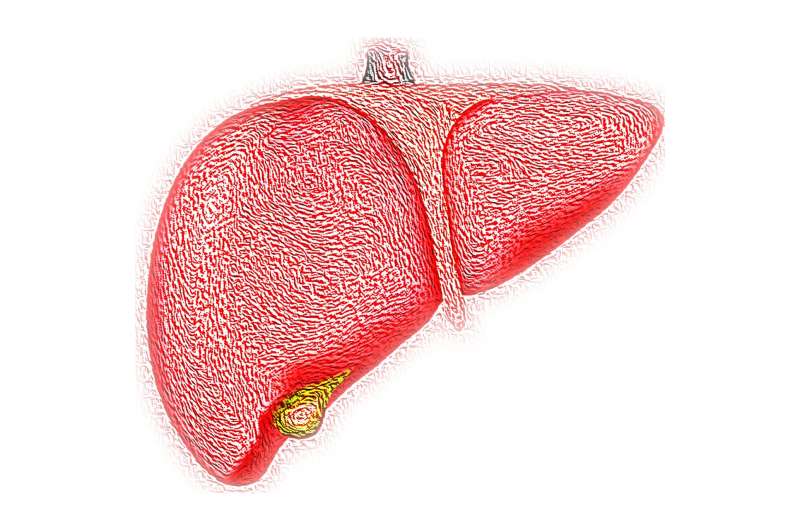Placental cell therapy could deliver new treatment options for liver disease

A cell therapy could reduce inflammatory response in liver disease, offering hope to thousands of Australians suffering from the disease.
Inflammation underpins hundreds of health conditions, contributing to more than 50 percent of deaths worldwide, and Hudson Institute has Australia's largest team of inflammation researchers, whose sole focus is developing treatments to prevent or alleviate inflammation-driven diseases.
Working alongside Associate Professor Rebecca Lim, Hudson Institute researcher Mihiri Goonetilleke has established that stem-like cells from the placenta have the potential to reduce the liver's inflammatory response to non-alcoholic steatohepatitis (NASH), which is the most common liver disease globally.
While its prevalence is difficult to determine, recent estimates claim that 12% of the US population has NASH and it will be the leading cause of liver transplants in that country by 2025.
Ms Goonetilleke said that by modulating the inflammatory response there is the potential to limit damaging effects such as scarring of the liver, oxidative stress and cell death.
First potential liver disease treatment
"Currently there are no treatment options for NASH to prevent progression of liver disease, other than patient education and lifestyle changes," Ms Goonetilleke said.
"That means alternative options need to be explored, so we hope the findings from this study will lead to the development of effective therapies for liver disease.
"Our research provides the first evidence that placental cells can control the liver's own stem cell response in experimental NASH while reducing levels of oxidative stress response in the liver.
Next steps—homing in on liver disease
"Our next research target is to understand the patients with liver disease who benefit from these treatments. We will look at the types of liver injuries are most likely to benefit from placental cell therapy," she said.
The research paper can be found in the journal Stem Cell Research & Therapy.
More information: Mihiri Goonetilleke et al, Addressing the liver progenitor cell response and hepatic oxidative stress in experimental non-alcoholic fatty liver disease/non-alcoholic steatohepatitis using amniotic epithelial cells, Stem Cell Research & Therapy (2021). DOI: 10.1186/s13287-021-02476-6

















